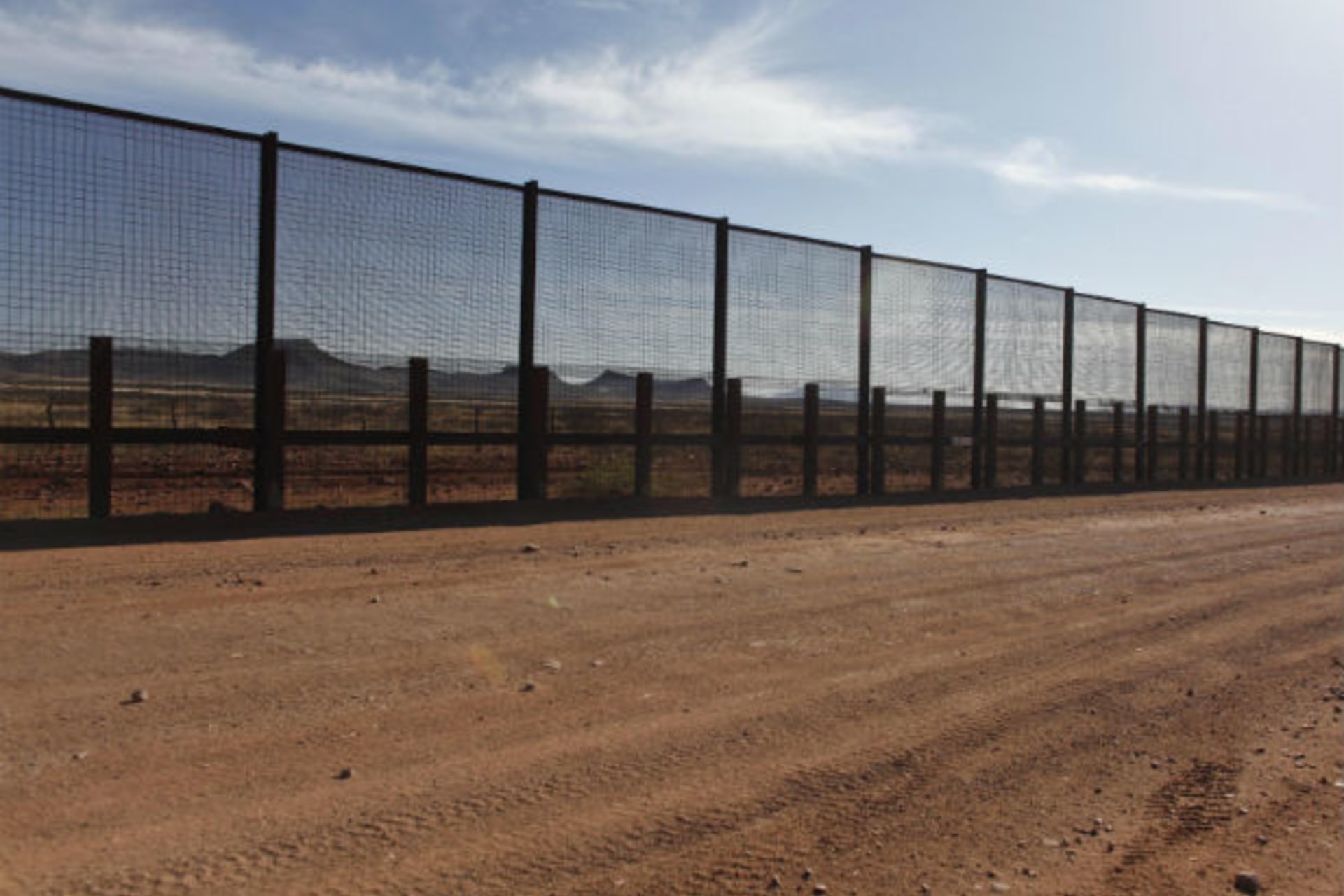Human Rights and Access to Legal Representation

By experts and staff
- Published
By
- Terra Lawson-Remer
Last week a federal judge ruled that mentally disabled immigrants facing deportation have a right to representation in immigration proceedings, and ordered immigration courts in Arizona, California, and Washington to provide legal representation for mentally disabled immigrants if they cannot represent themselves.
The facts in Franco-Gonzalez v. Holder are disturbing. One of the plaintiffs had been detained without a hearing for more than five years, and many others for six months or more, because they are too mentally disabled to represent themselves in the court proceedings. Yet the government would not release them because of their suspected illegal status. And, as is too often true for poor defendants, the detainees could not afford to hire a lawyer. So they remained trapped, in indefinite and uncertain detention.
Until now, immigrants facing deportation, including, most troublingly, young children on their own and people with mental disabilities, have not had a right to counsel. Instead, they must represent themselves in complex and confusing immigration proceedings. The court ruling makes some incremental but important steps towards a more equitable system, at least for severely mentally disabled immigrants.
This topic is a bit far afield from usual Development Channel fare, but the ruling is a big deal, and has important implications for some of the poorest and most vulnerable people in the global economy. Indeed, in our meeting at the Council this week with Nobel laureate Joseph Stiglitz, participants discussed the income and distributional consequences of the fact that capital is increasingly mobile across borders, while laborers (a.k.a. immigrants) are most definitively not. And the international human rights implications of indefinite detention without access to representation or a chance for one’s day in court are quite serious. Article 9 of the International Covenant on Civil and Political Right (ICCR) requires that “anyone who is deprived of his liberty by arrest or detention shall be entitled to take proceedings before a court, in order that that court may decide without delay on the lawfulness of his detention and order his release if the detention is not lawful.” Indefinite detention of mentally disabled immigrants unfit to represent themselves at a hearing suggests to me a clear violation of U.S. international human rights commitments.
Plus, my sister, Alexa Lawson-Remer, is counsel on the case, so I was triply compelled to write about it.
The court ruling is a victory for human rights here in the United States. According to Alexa (an associate at the law firm of Sullivan & Cromwell, which helped litigate the case pro bono along with the ACLU, Public Counsel, the Northwest Immigrant Rights Project, and Mental Health Advocacy Services), “It is potentially the most significant decision for due process and equality before the law since the Supreme Court’s decision in Gideon v. Wainwright.” In Gideon v. Wainwright the Supreme Court unanimously ruled that everyone accused of a crime is entitled to a lawyer, and that the court must appoint counsel for the indigent. Gideon is widely acknowledged as a watershed legal decision to make real the principle that the law must be impartial and equitable in practice, not merely on paper. Suspected illegal immigrants are not covered by Gideon because they are confronting deportation, not criminal proceedings.
In the face of the impending court order in the case, this week the federal government issued a new policy that, in essence, applies the judge’s ruling nationwide—guaranteeing legal representation to mentally disabled immigrants facing deportation proceedings in every state in the union. The new federal policy was a direct response to the likely injunction in the case, sources close to the proceedings say.
The court ruling and new federal policy are an important watershed for human rights here at home. Nice work sis.